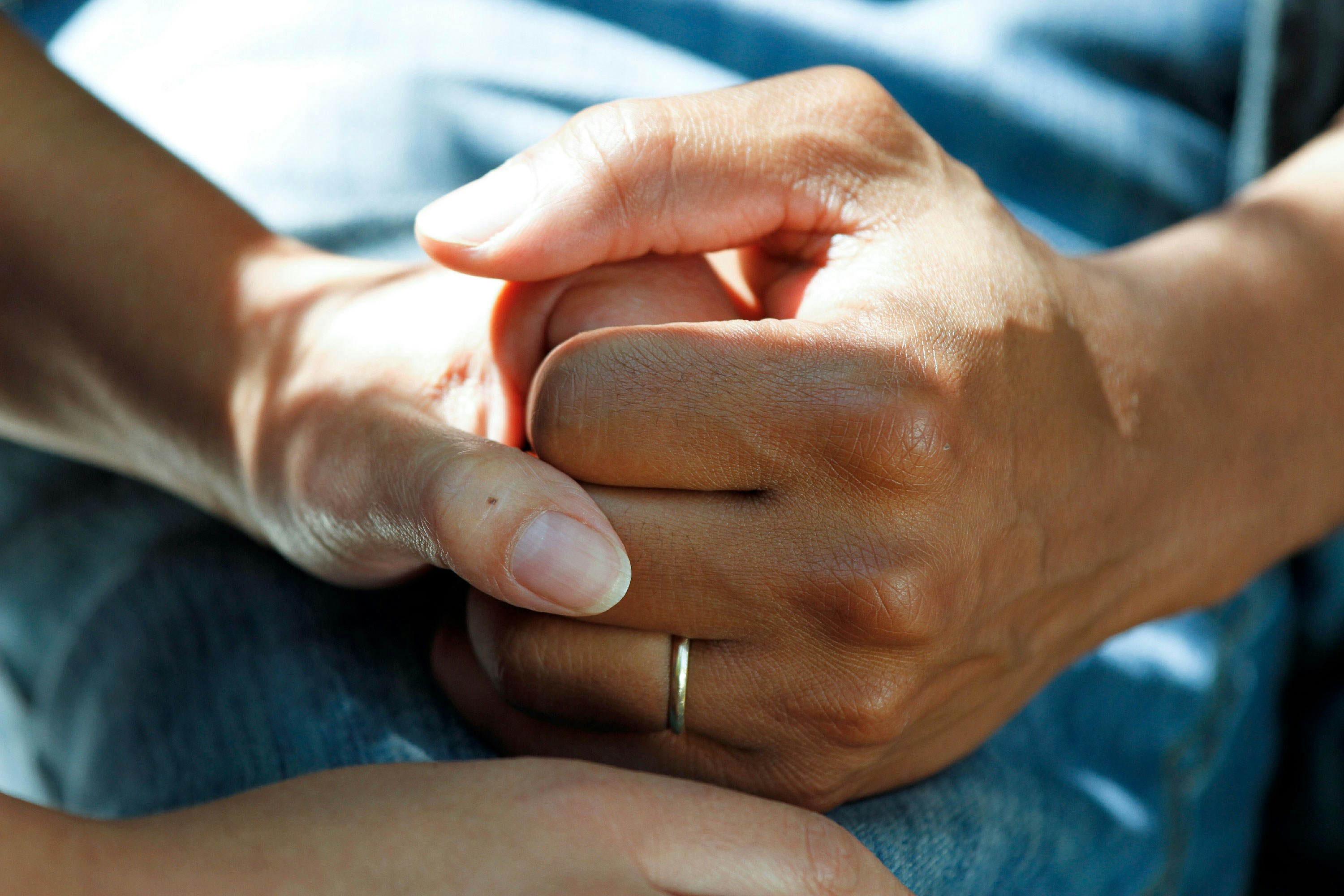Our time in this world is not infinite, and tomorrow is not promised to anyone. Whilst accidents or incidents can claim anyone at any time, there is also the often forgotten possibility that a terminal illness could be responsible for one’s demise. If that is the unfortunate case with you, then there are still several things that can be done to help ease you into the final days while maintaining the highest quality of life.
Comfort

Comfort is about more than having the furniture which alleviates soreness or the equipment that provides pain relief. If you’re in your last days on this earth, then you’ll want to be foregoing the hardwood seating and replacing them with cushioned chairs. To help with your comfort, even more, you should start with your attire, putting the trousers and suits to one side and opting instead for loose tops and jeggings. In doing so, no one would blame you, and in fact, you’d be encouraged to dress for comfort.
On an incidental note, if you’re on the lookout for more comfortable attire, that doesn’t give anything away as to your level of smartness, then you would do well to check out national women’s clothing retailer Chico’s, and grab a few items of clothing. Members of the Chico’s team stay with you every step of the purchasing process, so if you want something that takes yours and everyone else’s mind off your unique situation, they will help you.
Finances

By now, you might be looking into the financial details of what you leave behind and how that would be best spent. However, in the case of having life insurance, or a Last Will and Testament, these are financial decisions that you won’t see the benefit nor the use of.
Oftentimes, once funerals and inheritances have been taken care of, there is still a little bit of money left over. No amount of this is going to bring you back, but maybe you can use a bit of it to help you in your final days, instead of almost as a payment for passing away. In order to pay for essential care at the end of your life, and make sure that you get to capitalize on the time you have left, it might be worth considering a viatical settlement.
Viatical Settlements
Viatical settlements may sound complex, but the truth is that they’re quite easy to understand. Basically, when a person is diagnosed with a terminal illness they can opt to sell their life insurance policy to a third party for an amount that is less than the payout that the insurance would ordinarily bring (otherwise known as the “death benefit”). The buyer, known as the “beneficiary,” pays the seller upfront and goes on to continue paying the life insurance premiums. When the seller passes away, the new beneficiary receives the death benefit instead of the original beneficiaries.
How does this benefit the seller? With some viatical settlements being listed as up to 70% of what the death benefit would have been, they are quite lucrative transactions. Plus, the simple reason for doing it is that the money can be used when the seller is still alive. It can be spent on end-of-life care, or on a trip to Vegas—no one is going to question it, and once it’s sold, then that’s the last you need to worry about your life insurance. If you want to put it to good use for the loved ones you leave behind, your viatical settlement can go towards funeral costs or renovations to the home. You might even find you now have the ability to put those ideas for revamping your house into practice.
Life Settlements

Life settlements are similar to viatical settlements but distinct. There are plenty of ways in which the two can’t be differentiated, but the main difference between viatical settlements and life settlements is that the latter can be purchased at any time whereas the former can only be sold by someone who is terminally ill (or has a life expectancy of two years or less left). Viatical settlements are also tax-free, so they’re significantly better for people who qualify.
